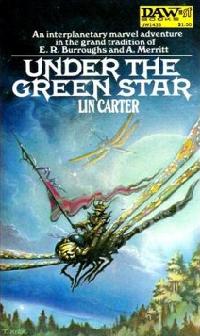
A collection of essays based around the Jungian idea of a shadow self, the dark part of all of us.
There is this idea that as we work on ourselves, work to become blessed, enlightened, closer my God(dess) to Thee, we become better people. We correct ourselves to become pure beings of light.
This is obviously a one-sided, zero-sum idea. It is born from the idea that is Us vs. Them, Good vs. Evil, Light vs. Dark. Aristotelian dichotomy fed through Manicheism that somehow went from a proclaimed heresy to current Protestant orthodoxy.
This essays in the book discuss, from various points of view, the dark shadowy parts of our nature, from the deeply personal to our issues as a nation.
I’ve read this once so far, sitting serving on a Grand Jury during the government shutdown. I wasn’t that impressed at the time but the concept has kept with me. Sure, it is in part because we are watching America simultaneously confront and celebrate its Shadow self. Watching grown men punch teenagers in the face for asking that they wear a mask, racist vigilantes condoned on network television, children dying in cages, and large aspects of our democracy dismantled.
It will be a while before I can come back to this book objectively, if ever, through no fault of its own.
